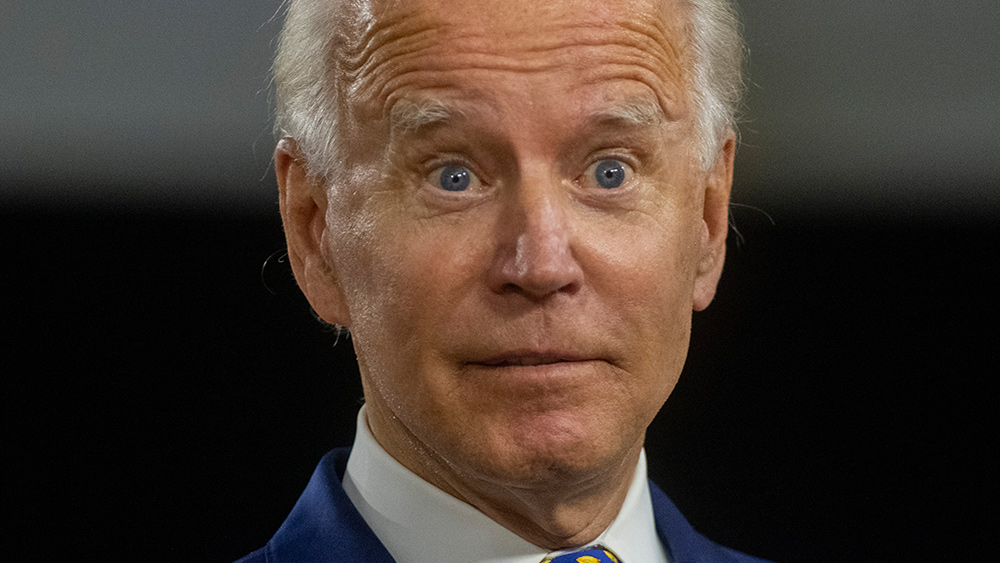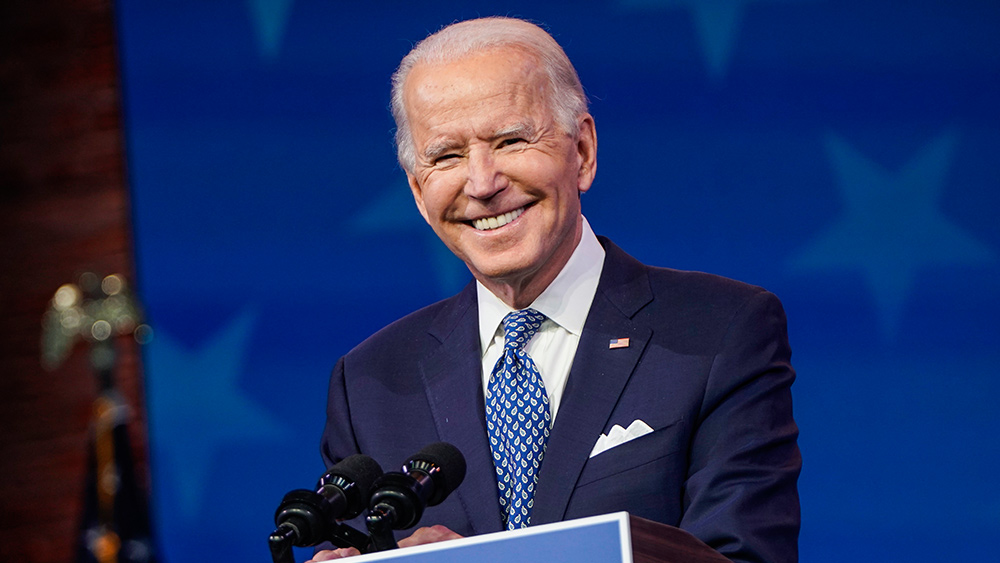
A federal judge issued a temporary restraining order against President Joe Biden's $4 billion loan forgiveness program for minority farmers. In his June 10 ruling, U.S. District Judge William Griesbach argued that the plan replaced one form of discrimination with another as it excluded white farmers. The George W. Bush appointee also argued that the plan did not indicate adequate examples of recent hardships imposed in minority farmers.
The loan forgiveness program for minorities is part of the Biden administration's $1.9 trillion American Rescue Plan – coursed through the U.S. Department of Agriculture (USDA). The $4 billion allocated for the program would be used to pay up to 120 percent of direct or guaranteed farm loan balances for Black, Native American, Hispanic, Asian or Pacific Islander farmers. According to the Milwaukee Journal Sentinel, around 17,000 farmers and ranchers from all 50 states are eligible for the program.
Griesbach wrote in his decision that "the obvious response to a government agency that claims it continues to discriminate … is to direct it to stop. [It] cannot [further] discriminate based on race." The federal judge's decision was a response to a lawsuit filed by the conservative nonprofit law firm Wisconsin Institute for Law and Liberty (WILL) in April 2021.
WILL's lawsuit named 12 farmers from eight states – Minnesota, South Dakota, Missouri, Iowa, Arkansas, Oregon, Kentucky and Wisconsin – as the plaintiffs. Two of the plaintiffs were dairy farmers from the Badger State. Adam Faust of Calumet County worked his farm with both legs amputated after being born with spina bifida, a birth defect affecting the spine. Meanwhile, Christopher Baird owned a farm near the village of Ferryville in Crawford County.
"There should absolutely be no federal dollars going anywhere just based on race," Faust said.
Meanwhile, WILL President and General Counsel Rick Esenberg said: "The court recognized that the federal government's plan to condition and allocate benefits on the basis of race raises grave constitutional concerns and threatens our clients with irreparable harm." He continued that the Biden administration "is radically undermining bedrock principles of equality under the law."
Biden administration playing the race card
The lawsuit filed by WILL asked Agriculture Secretary Tom Vilsack and Farm Service Agency Administrator Zach Ducheneaux to not consider race when determining the beneficiaries of the relief funds. Both officials were named as defendants in the suit.
The Journal Sentinel added that the USDA is still implementing the program, but has looked at the restraining order's effect. A USDA spokesperson said: "We respectfully disagree with this temporary order and forcefully defend our ability to … deliver debt relief to socially disadvantaged farmers." They added that the agricultural department "will be prepared to provide the debt relief authorized by Congress" once the order is lifted.
According to federal officials, they recognized that farmers and ranchers belonging to minority groups faced "systemic discrimination." This resulted in both groups suffering from substantial losses, reduced farmlands under their control and issues with debt – all worsened by the ongoing COVID-19 pandemic.
However, this recent instance was not the only time the Biden administration openly discriminated against whites. Last month, Congress set aside $28.6 billion for a Restaurant Revitalization Program to help the industry hard hit by lockdown mandates. This amount – part of the American Rescue Plan – was seven times the budget allocated to farmers. The money would be coursed through the Small Business Administration (SBA).
Instead of fairly distributing the money based on need, the SBA put stringent identity-based restrictions in place. For the first three weeks of the program, "women, veterans or socially and economically disadvantaged individuals" were eligible – until the categories were broadened.
By the time the program became open for more beneficiaries, the SBA said on May 18 that it had already received more than 303,000 applications amounting to more than $69 billion. More than half of the applications from the priority groups – socially and economically disadvantaged business owners, women and veterans – had already submitted applications amounting to $29 billion by May 12, the agency added.
WILL stepped in to help business owners through a lawsuit it filed, which sought a restraining order for the SBA relief program. But U.S. District Judge Travis McDonough denied the request – arguing that Congress "cannot reasonably have been expected to predict" the demand for funds and how these would be allocated between priority and non-priority applications.
The magistrate also wrote in his decision: "Congress has gathered myriad evidence suggesting that small businesses owned by minorities … have suffered more severely than other kinds of businesses during the COVID-19 pandemic. [Furthermore,] the government's early attempts at [a] general economic stimulus … disproportionately failed to help those businesses directly because of historical discrimination patterns."
RaceWar.news has more stories about discrimination white Americans face when applying for federal assistance.
Sources include:
Please contact us for more information.





















